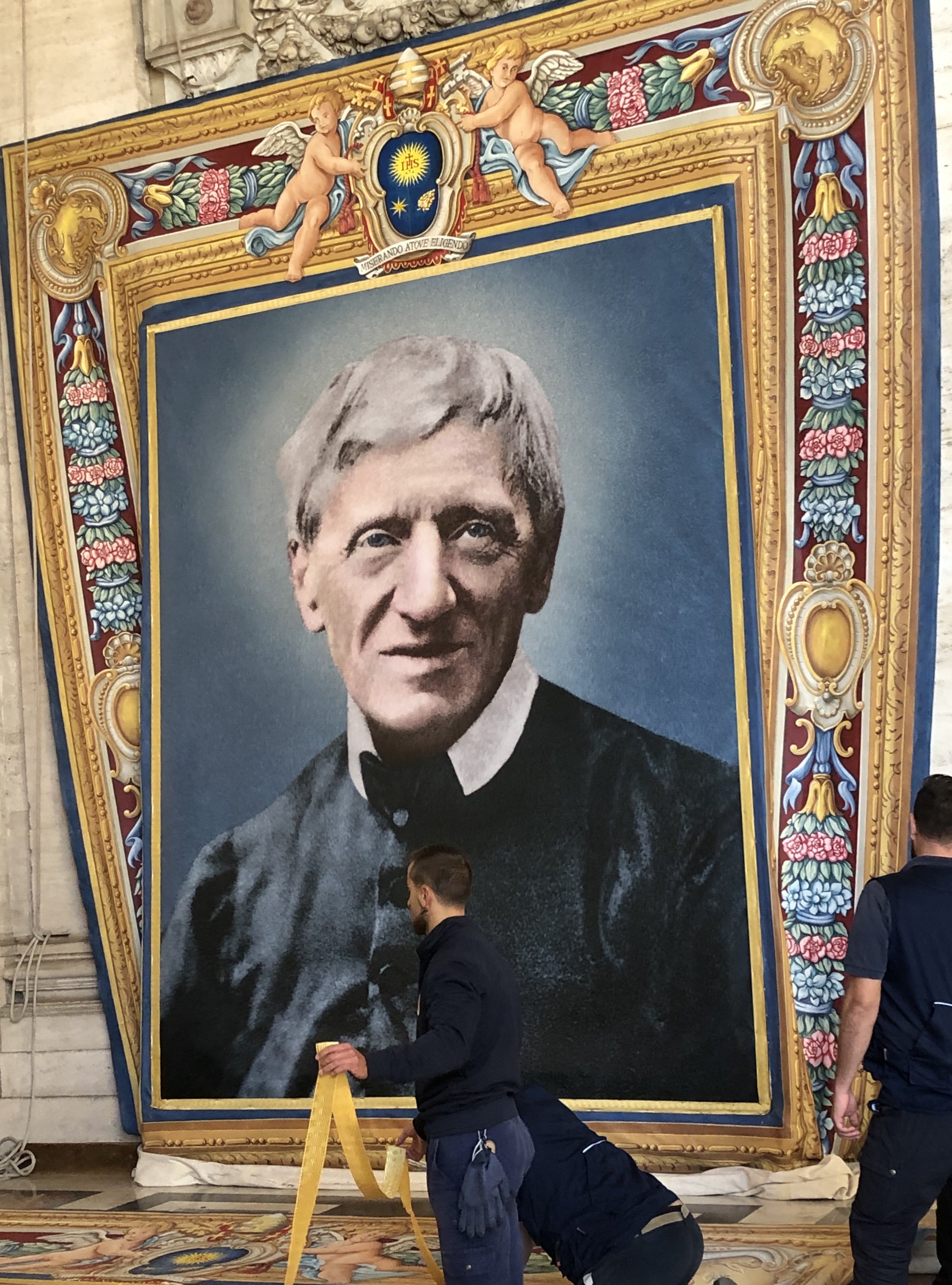A Communion Table of Black Walnut
By changing "table" to "altar" in the 1979 Prayer Book and by adding the fraction anthem ("Christ our passover is sacrificed for us,” not "has been sacrificed") only shows the creeping influence of the 19th century Oxford Movement.
Saint Henry Newman
The Tractarians came to challenge, then shatter the doctrinal consensus of the earlier High Church Anglicanism, seeming to dissolve the Church of England into its constituent parts as never before.
Wonky Legacy of Charles Gore
Charles Gore was a shaky wall of feel-good progressivism unanchored to anything permanent, that continues prominent in Anglicanism today.
America’s #1 Bishop!
Given the very oddball personalities responsible for founding the Episcopal Church, it is a miracle that there are any Anglicans in America today!
Oxford Movement, 1833-1856
John Keble fussed at the nation for not behaving more like the Old Testament prophet Samuel, and see what happened!
Oxford’s Protestant Spy
How was it that prior to the Oxford revival there was significant, settled unity around Anglican‘s historic formularies (the Thirty-nine Articles, 1662 Book of Common Prayer, and the Homilies) while the church that emerged from the fog of Oxford was polarized and fractured into “parties” that stay with us today?
John Henry Newman: the Oxford Aberration
It is a common mistake to not distinguish Tractarianism from the preceding generation of High Churchmen. Newman considered himself more in line with the “old divines” (earlier followers of William Laud) than with the high churchmen of the early 1800s. In fact, the Tractarians made fun of the High Church Party just as they did the evangelicals, because of their opposition to the Tracts for the Times.
Bishop Cheney, Aunt Hazel, and Hope for Traditional Anglicanism
There would be battles between those who anchor their identity in the formularies and those who don’t (the Thirty-nine Articles, the Homilies, and the 1662 Book of Common Prayer). The 1830’s Oxford Movement and the Broad Church Movement and its various iterations of progressivism have taken a shotgun to the traditional Anglican formularies and tried their hardest to relegate them to the basement where Aunt Hazel was kept when she visited.
Anglicans are in Trouble Today for a Lack of…
The purpose of the Center for Reformation Anglicanism is: To raise up, train, and support Reformation Anglican leaders and laity for today’s church and for the future of gospel ministry in the Anglican Communion. Anglican and Episcopal Churches are in trouble today for a lack of historical context and definition.
Charles Gore "Lux Mundi," Bricks Badly Laid
When the first bricks are badly laid, the wall, in the end, will be wonky. When we leave the doctrinal formularies of Reformation Anglicanism and wander the roads of our personal aesthetic tastes, the end result is Charles Gore, liberal Catholicism, and "Lux Mundi." Charles Gore, the popular Principal of Pusey House Oxford, died on this day January 17, 1932.










